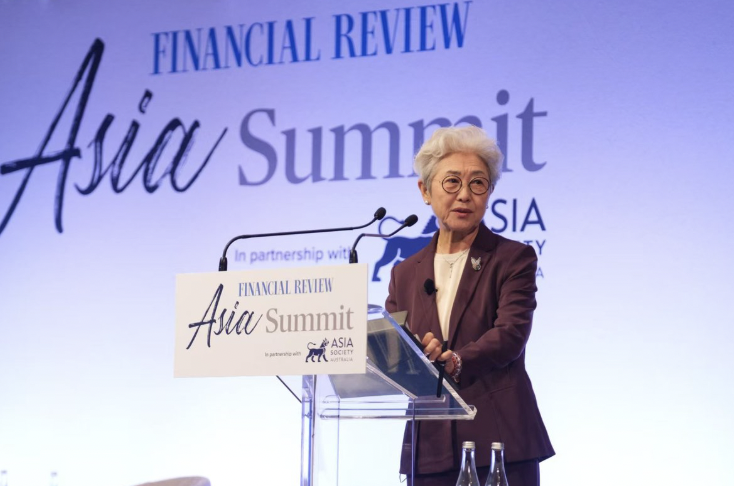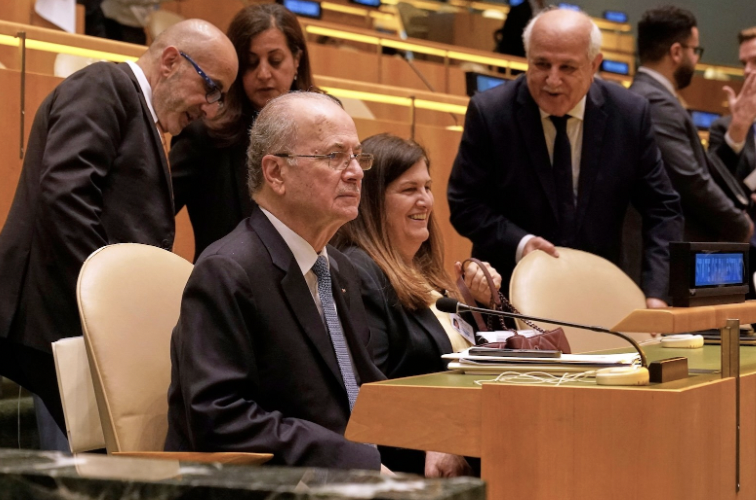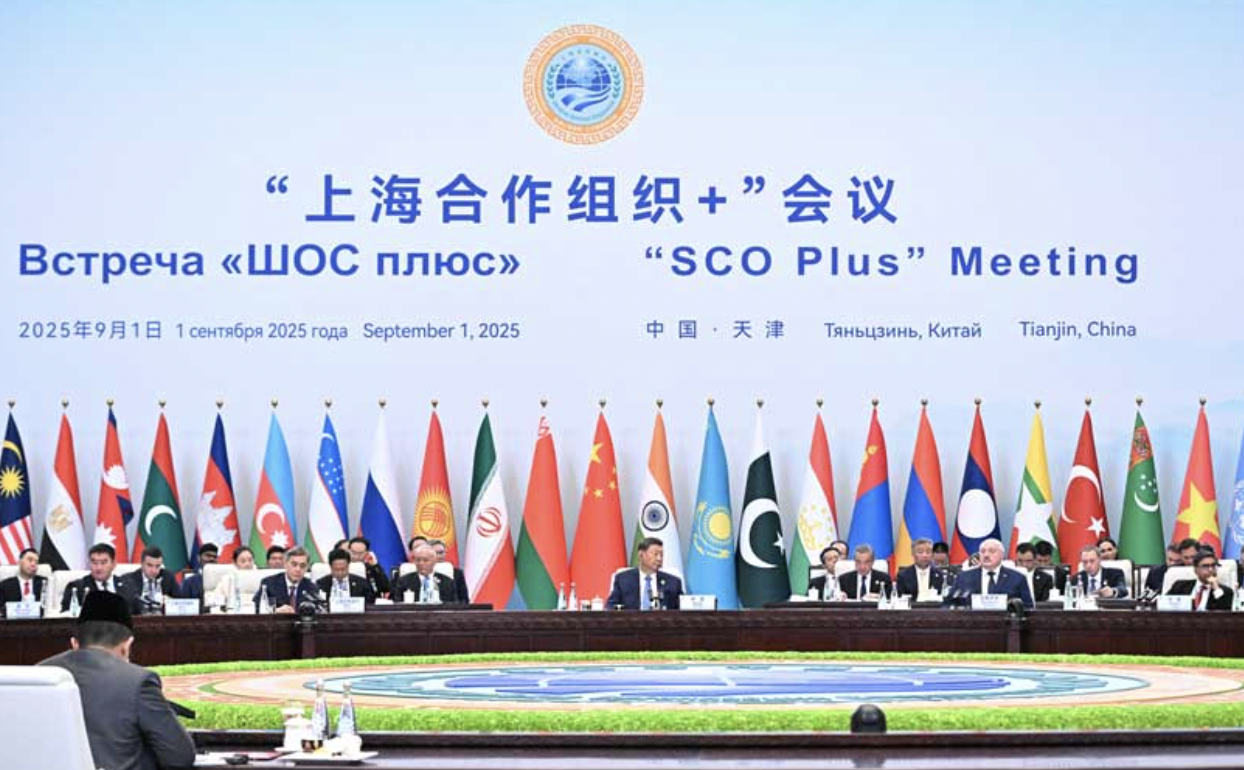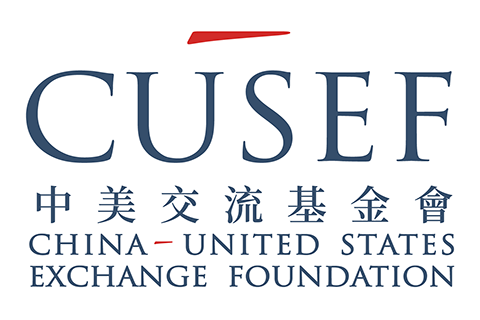
Dear Focus Reader,
In a range of diplomatic developments this week, U.S. Defense Secretary Pete Hegseth held his first call with Chinese Defense Minister Admiral Dong Jun, stressing that the United States does not seek conflict with China while reaffirming its commitment to protect vital interests in the Asia-Pacific region. Both sides described the conversations as "candid and constructive" and agreed to continue discussions. Secretary of State Marco Rubio also spoke with Chinese Foreign Minister Wang Yi, where they emphasized the importance of open and constructive dialogue on a range of bilateral and global issues.
Additionally, U.S. Treasury Secretary Scott Bessent and Chinese Vice Premier He Lifeng are officially set to meet next week in Madrid for high-level economic discussions. Topics will include trade, tariffs, and technology concerns, including Washington's focus on TikTok. The meeting follows recent negotiation rounds in London, Geneva, and Stockholm, where both sides agreed to extend a partial tariff truce. China has reiterated its commitment to protecting the rights and interests of Chinese companies, including ByteDance.
Amid these exchanges, the Chinese embassy confirmed that a bipartisan U.S. House of Representatives delegation will make an official visit to China later this month, expressing that they hope the trip will help "manage differences and advance cooperation." This is the first trip made by House members since before the Covid-19 pandemic. Organized by Democratic Rep. Adam Smith of Washington, the delegation will include members of the House Armed Services Committee, though committee Chairman Mike Rogers, R-Ala., will not participate. Taiwan is not on the itinerary, but the delegation will also stop in Cambodia.
These events come as the Pentagon is reportedly pursuing a broader strategic shift. A recent draft National Defense Strategy proposes prioritizing "protecting homeland and Western Hemisphere" over countering China and Russia, a departure from previous U.S. policies. Analysts note that Hegseth could still make changes to the plan, but in many ways the shift is already underway, reflected in National Guard activations supporting domestic law enforcement, U.S. military deployments to the Caribbean to interdict drug trafficking, and the establishment of militarized zones along the southern border with Mexico.
Learn more on international relations by catching up on our latest Focus content, including topics on China's regional role, the Middle East, and more.
"For China, Europe's commitment to multilateralism, the restructuring of its defense industry and the rebalancing of its external strategy could open up new avenues for cooperation."
The percentage of U.S. tariffs on the Philippines, upgraded from 17%, despite Manila allowing expanded U.S. military access and missile deployment.
Learn more in "U.S. Tariffs and Trade Deals: Challenges, Prospects and Fallout," by Lucio Blanco Pitlo III, President of Philippine Association for Chinese Studies, and Research Fellow at Asia-Pacific Pathways to Progress Foundation.
Peking vs. Tsinghua: What's China's best university?
Watch VideoIn our Focus Insights section, we featured remarks by Fu Ying, China's former Vice Minister of Foreign Affairs and Founding Chair of Tsinghua University's CISS, on China's vision for peace and cooperation with its Asian neighbors.
We want to hear from you!
How can regional powers balance cooperation with competition in shaping Asia's future?
Submit your thoughts to USeditor@chinausfocus.com for a chance to be featured in next week's Focus This Week.
useditor@chinausfocus.com for more info.
Prepared by China-US Focus editorial teams in Hong Kong and New York, this weekly newsletter offers you snap shots of latest trends and developments emerging from China and the U.S. every week. It is a community space to exchange thoughts and ideas about the China-U.S. relationship and beyond.
- 2025-09-05 Focus This Week: Parade of Power
- 2025-08-28 Focus This Week: Global Dialogue in Motion
- 2025-08-22 Focus This Week: Resetting Ties
- 2025-08-15 Focus This Week: Anchorage Ascends?
- 2025-08-08 Focus This Week: A Trump-Putin Summit?
- 2025-08-01 Focus This Week: New Negotiations
- 2025-07-25 Focus This Week: 50 Years of EU-China Diplomatic Ties
- 2025-07-18 Focus This Week: Deeper Ties
- 2025-07-11 Focus This Week: Cautious Contact
- 2025-06-27 Focus This Week: Restored Access
- 2025-06-20 Focus This Week: Escalation and Restraint
- 2025-06-13 Focus This Week: A Trade Reset?
- 2025-06-06 Focus This Week: A Long-Awaited Call
- 2025-05-30 Focus This Week: Visas in the Crosshairs
- 2025-05-23 Focus This Week: Academic Exchange Strained
- 2025-05-16 Focus This week: Rolling Back, Moving Forward?
- 2025-05-09 Focus This Week: "Friends of Steel"
- 2025-05-02 Focus This Week: An Open Door?
- 2025-04-25 Focus This Week: Open for Business
- 2025-04-18 A "Numbers Game"




